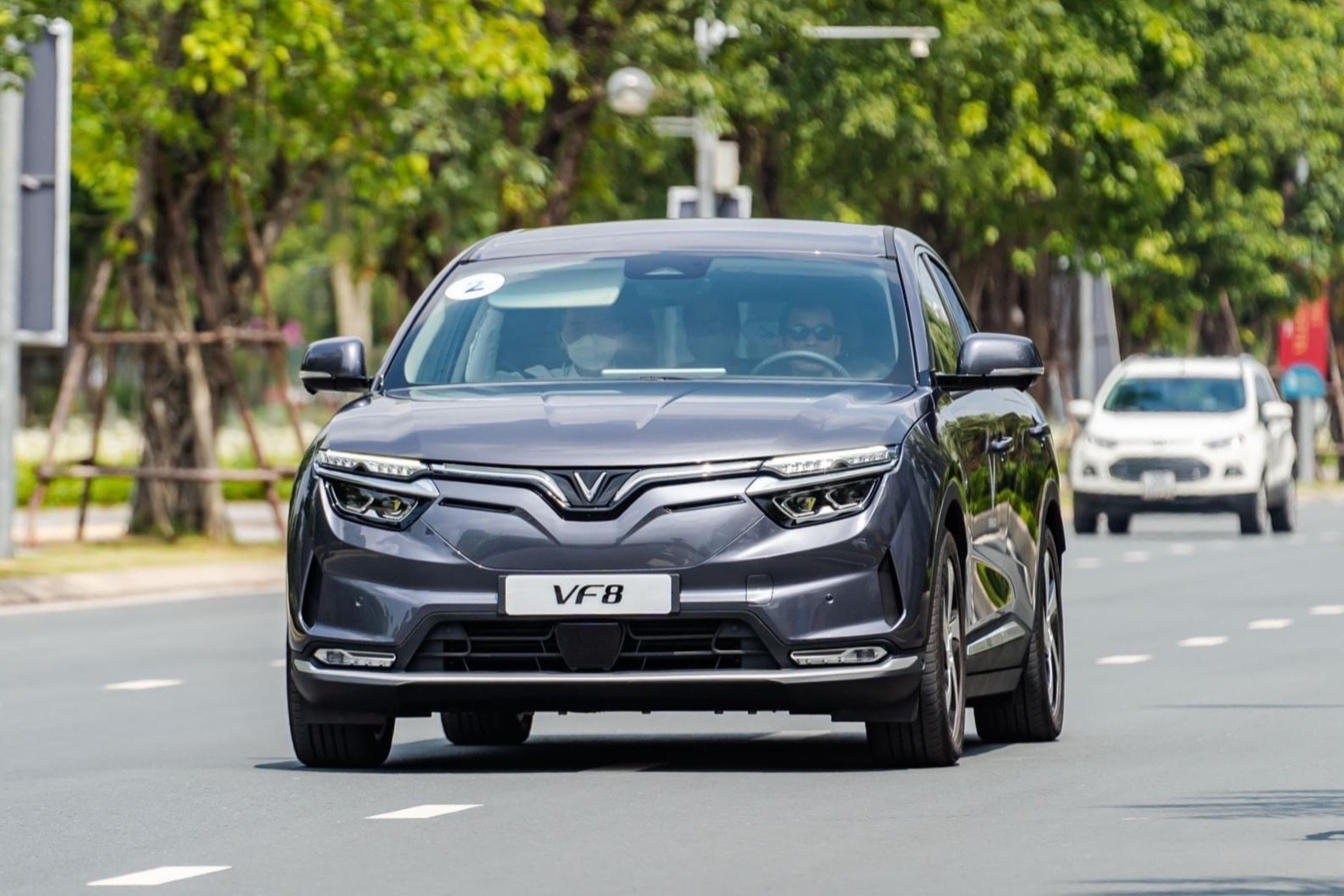Vietnam plans for low-cost electric vehicles
Experts say that Vietnam needs a strong foundation to shift from internal combustion engines to electric ones. Under the government’s roadmap, car prices will be decisive.
Reports show that the world transportation sector consumes 55 percent of petroleum fuel and emits 25 percent of total CO2, including 17 percent from road transport.
The global electric vehicle market has made leaps and bounds in recent years. There were 17 million electric cars in 2021, 2.5 times higher than 2019.
As of August 2022, Vietnam had 3,000 electric cars manufactured, assembled and imported, or 20 times higher than 2019 and 1.8 million electric motorbikes in circulation.
Deputy head of the Institute of Strategy and Transport Development Nguyen Thi Phuong Hien said that Vietnam has certain advantages to promote electric cars. Vietnam is technologically ready to manufacture electric cars, especially cars, buses and small trucks.
“With the development of science and technology, electric vehicles are getting cheaper. We believe that by 2026-2030, electric car prices will be equal to cars using fossil fuel,” Hien said.
“Vietnam is one of a few countries which has electric-car manufacturers, which is a great advantage,” she added.
Tran Thi Bich Ngoc from the Tax Policy Department under the Ministry of Finance (MOF) said there are many types of green vehicles and each enjoys specific preferential policy. Decree 57/2020 was issued to support the development of the automobile industry, including electric vehicles.
Under the decree, enterprises that have electric vehicle manufacturing and assembly lines, and have a certain output, will enjoy a zero percent import tariff on vehicle components (which cannot be produced domestically).
“Many electric car parts have a zero tariff. The most common tariff for petrol-run vehicles is 70 percent. So, the manufacturing of electric cars is very encouraging,” she said.
Hybrid cars with the petrol use of no more than 70 percent of energy consumed can enjoy the luxury tax equal to 70 percent of the tax applied to petrol-run cars.
From March 1, 2022 to February 28, 2027, the luxury tax on battery-run vehicles would be 1, 2 or 3 percent, depending on number of seats, and from 2027, the figures would be 4, 7 and 11 percent. Meanwhile, petrol-run vehicles are imposed 15-150 percent.
Hoang Hiep
Source: https://vietnamnet.vn/en/vietnam-plans-for-low-cost-electric-vehicles-2073537.html


 English
English




